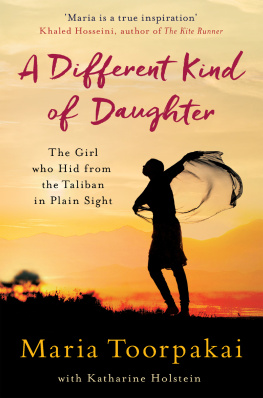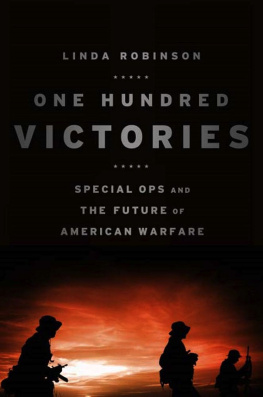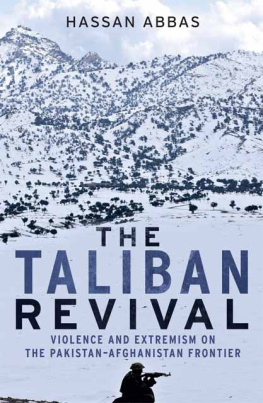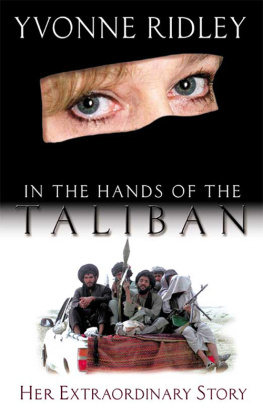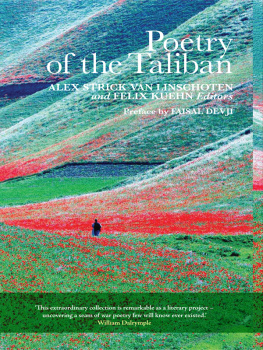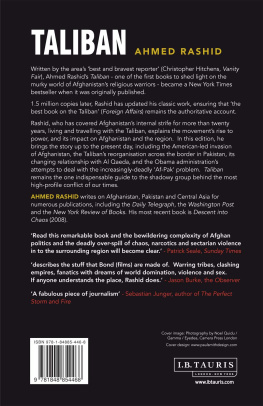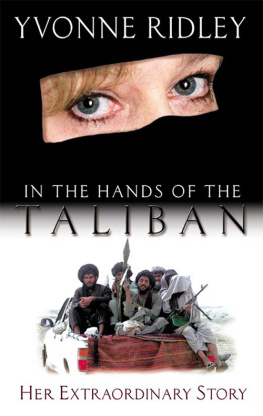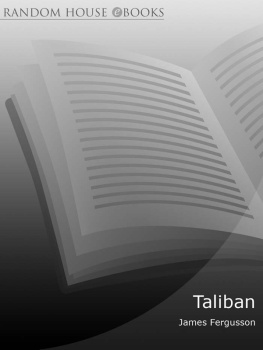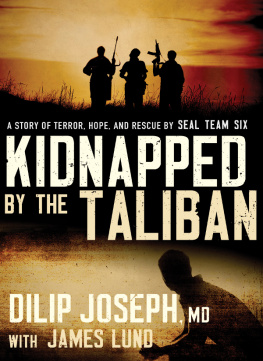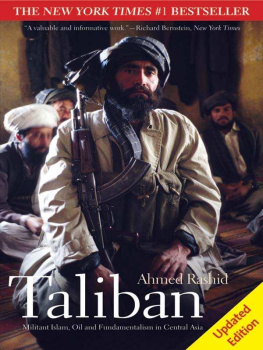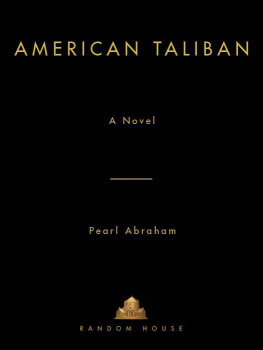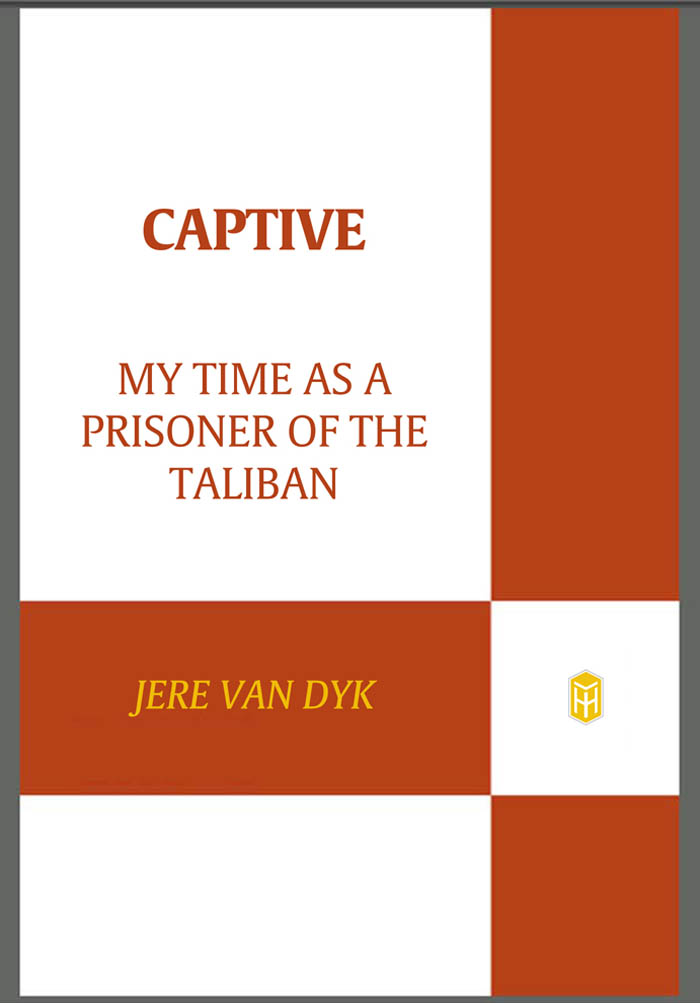Also by Jere Van Dyk
In Afghanistan:
An American Odyssey
CAPTIVE
CAPTIVE
My Time as a Prisoner
of the Taliban
Jere Van Dyk
Times Books
Henry Holt and Company
New York

Times Books
Henry Holt and Company, LLC
Publishers since 1866
175 Fifth Avenue
New York, New York 10010
www.henryholt.com
Henry Holt is a registered trademark of Henry Holt and Company, LLC.
Copyright 2010 by Jere Van Dyk
All rights reserved.
Distributed in Canada by H. B. Fenn and Company Ltd.
Library of Congress Cataloging-in-Publication Data
Van Dyk, Jere.
Captive : my time as a prisoner of the Taliban / Jere Van Dyk.1st ed.
p. cm.
Includes index.
ISBN 978-0-8050-8827-4
1. Van Dyk, JereCaptivity, 2008. 2. Taliban. 3. JournalistsAfghanistanBiography. 4. PrisonersAfghanistanBiography.
5. AfghanistanHistory2001 I. Title.
DS371.43.V36A3 2010 |
958.104'7dc22 | 2009052886 |
Henry Holt books are available for special promotions and premiums.
For details contact: Director, Special Markets.
First Edition 2010
Designed by Meryl Sussman Levavi
Map 2010 by Jeffrey L. Ward
Printed in the United States of America
10 9 8 7 6 5 4 3 2 1
To the memory of my mother and father
Contents
Authors Note
In the summer of 2007, I signed a contract to write a book about the border region of Afghanistan and Pakistan. I had a long background in this area, which is now considered the headquarters of al-Qaeda and the Taliban.
I first crossed the border from Afghanistan into Pakistan in 1973, when I drove an old Volkswagen through the tribal areas. I was a young man, exploring the world. Six years later I watched on television as the Soviet Union invaded Afghanistan and knew I would return. In 1981, as a freelance reporter for the New York Times, I flew to Pakistan and took a train to Peshawar, the headquarters of the mujahideen, the Afghans fighting the Soviet Union. I had read that these fearless men shouted God is great and with old British rifles fought valiantly against a modern superpower. I met their leaders, traveled into the tribal areas, and hiked into Afghanistan, where I lived with the mujahideen along the border.
On Thanksgiving Day 1981, the Afghan army and Soviet forces attacked the mujahideen group I was with. I heard the bullets sing overhead, saw the faces of the young soldiers as they approached us, saw the teenager next to me get shot and the commander wave to me to get back, trying to protect me, his guest. Many men died that day. That night Soviet tanks surrounded our village, and the mujahideen sneaked me away in the night, to save me.
Upon my return to the United States I published several articles in the New York Times and wrote a book, In Afghanistan, about my time with the mujahideen. I gave speeches, wrote other articles, and worked the politics of Afghanistan in Washington, D.C. I eventually left the country and again traveled the world as a journalist. National Geographic sent me to faraway places. I traveled the length of the Brahmaputra River, into western Tibet, hiking alone, foolishly, up a glacier, when the snow gave way but then miraculously held, and I found the rivers very source. I made a similar journey up the Amazon River and scaled a mountain to where the stream became a trickle. But still, no matter where I was in the world, I thought of Afghanistan.
In December 2001 I returned to Afghanistan, as a freelance radio reporter for CBS News and WABC television. It was two months after the U.S. invasion and three months following the 9/11 attacks. Over the next six years I returned on several reporting trips for CBS to Afghanistan and Pakistan. Always I was drawn to the border region. I wanted to penetrate deep into the tribal areas, to return to where I had lived with the mujahideen as a young man, to find the leaders I had known from that time, to learn the true story of what was taking place there, in this new time of war.
I returned to Kabul, the capital of Afghanistan, in early August 2007 and began my preparations to travel along the border and to cross into the tribal areas of Pakistan. No Western reporter had done this since the rise of the Taliban a decade earlier. It would be dangerous, but I felt that I could do it. I had contacts that no other journalist had. I knew this region. I knew its culture. There were countless reports that the Taliban had reconstituted itself in the tribal areas of Pakistan and that Osama bin Laden was hiding there. I would go to the men I knew from my recent reporting trips, and through them find the mujahideen I had known twenty-five years before, some of whom were now Taliban leaders.
I let my hair and beard grow. Ramadan, the month of fasting, began in late August, and I began to fast. My goal was to disappear as much as I could into Afghan culture, specifically the culture of the Pashtuns, the people who lived on both sides of the border, in Afghanistan and in Pakistan. I maintained a social life in Kabul, but I kept my work hidden. I began to travel secretly along the border, sleeping in villages, meeting with tribal leaders, mullahs, and the Taliban. I began to cross the mountains into Pakistan. I knew that this was what I was supposed to do, where I was supposed to be. I was determined to push it to the very end.
I kept in touch via e-mail with my editor in New York, my literary agent, a woman I was going out with, my family, and various editors and producers at CBS, but gradually I sent fewer and fewer e-mails. I ate in Afghan restaurants, wore Afghan clothes, and more and more avoided Westerners. I was increasingly on edge and nervous. On January 3, 2008, I wrote a letter to my editor. It would be my last correspondence with him.
CAPTIVE

Prologue
Thursday, January 3
Dear Paul,
Happy New Year. I want to give you an update on the book and to let you know where I am on it at the moment. I am writing a letter because I dont trust e-mails. I am not completely paranoid, but close to it.
I began working on the book at the end of August. I have traveled through most, but not all, parts of eastern Afghanistan along the border. I have a few important places yet to go. I will go to them this winter or later in the spring. I have interviewed a great number of people: tribal leaders, local people, politicians, and mullahs. I have an interview scheduled with President Hamid Karzai on the 10th.
I live in Kabul, but when I am away I live like a Pashtun. I have sneaked four times into the tribal zones of Pakistan, our goal. I have been deep into Mohmand Agency, one of the zones. I went in with very religious drug traffickers. We sneaked past the border post where, a week before, the Taliban killed four policemen.
I have crossed with tribal leaders into Kurram Agency, also in the tribal zones. I have twice been into Chitral, in the north, where Gulbadeen Hekmatyar lives, and where many feel Osama bin Laden may be hiding. I know our goal is to cover the tribal zones, not just eastern Afghanistan.
I have been with the Taliban three times. Once in the mountains, about a six-hour hike south from Tora Bora. The Taliban there came from North Waziristan. They invited me to come with them, on another trip, to their training camps. We shall see. The day after I left, the government came and arrested some tribal people. I dont know if someone recognized me, or learned that a foreigner was there.


